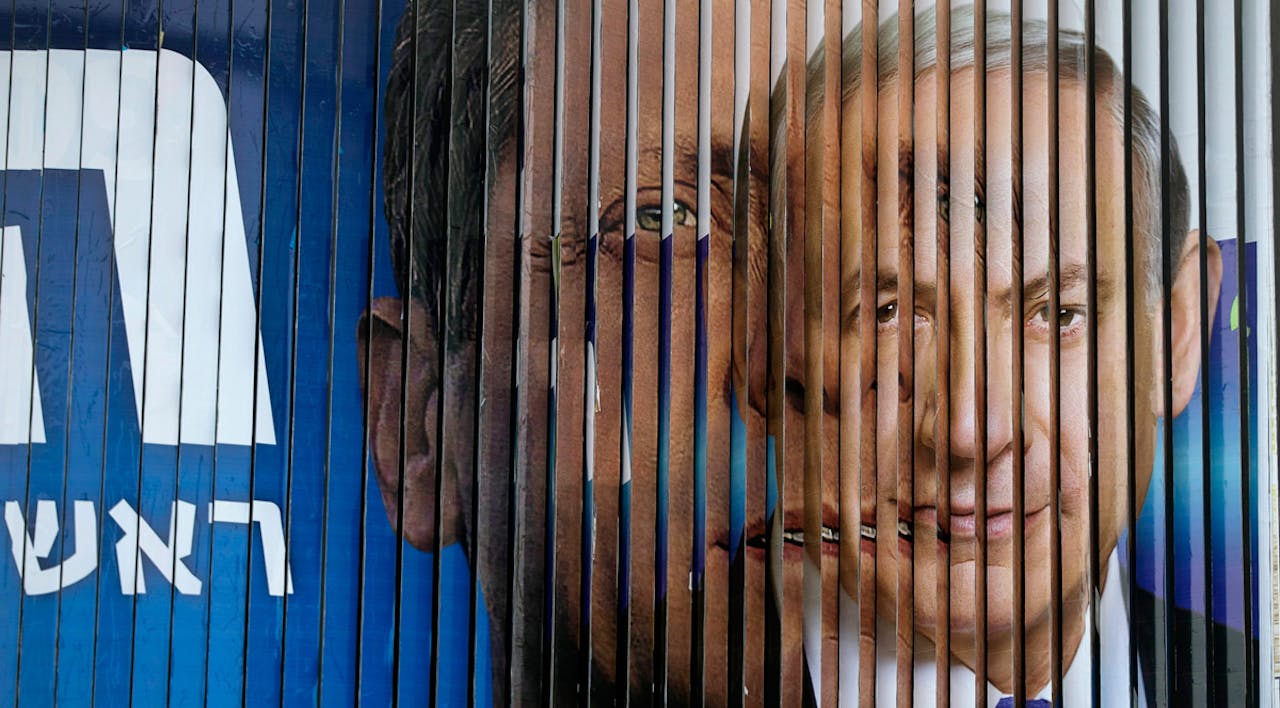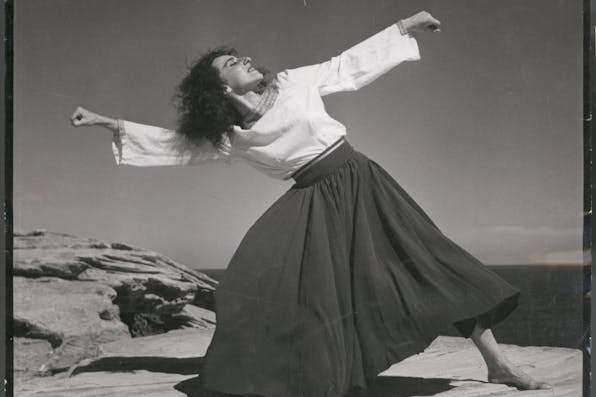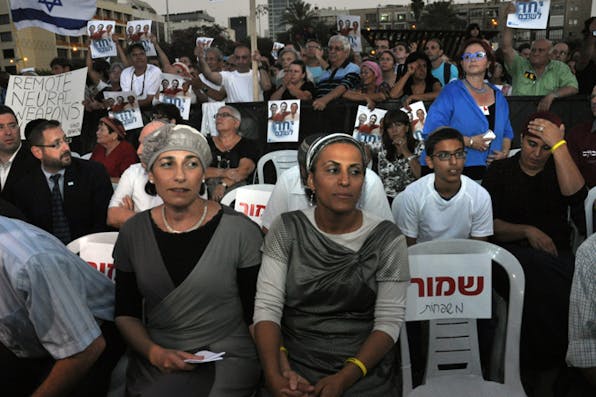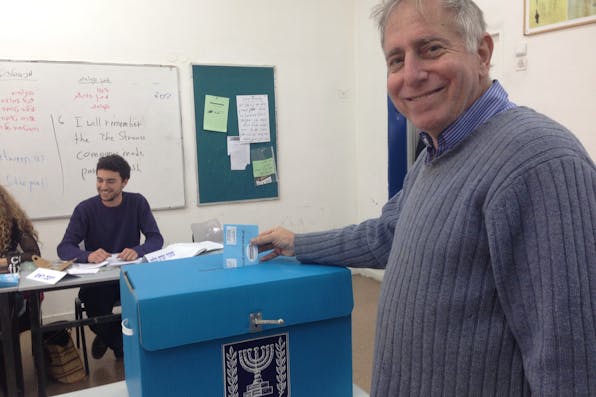
June 2015
Can Israel Unite?
In Iran’s nuclear program, Israel faces a threat like never before. Can a divided nation pull together in time to confront it?
Here in Jerusalem there are pensioners old enough to remember how, almost a half-century ago, Israel’s first national-unity government was born. You might say its father was Gamal Abdel Nasser, president of Egypt. He’d blockaded the Straits of Tiran via which Israel got oil from Iran, booted the UN peacekeepers from Sinai, massed his army there, and declared that his objective in any resulting war would be the end of the Zionist entity. “Death to Israel!” chanted the multitudes in Tahrir Square. Meanwhile the U.S., which ten years before had promised to keep the straits open, was too busy in Vietnam to keep its word.
Things in 1967 were clear. We faced an emergency, faced it by ourselves, and faced it with a government most of us didn’t trust anymore. “The government in its present composition,” said the editors of Haaretz, referring to the coalition headed by the Mapai party (the precursor of today’s Labor) under Levi Eshkol, “cannot lead the nation in its time of danger.” A few days after this call for a change, Eshkol and the Mapai barons who’d founded, built, defended, and run the country practically by themselves for its first nineteen years did what had to be done. They brought into the cabinet not just the one-eyed Moshe Dayan of the breakaway Rafi party but the radioactive Menachem Begin, founder and chief of Herut, the successor of the pre-state Irgun and precursor of Likud.
Back in ’67 we lacked television. David Ben-Gurion, the exhausting George Washington of his country, and prime minister until 1963, had used his standing to block it, declaring it distracting, destructive, vulgarizing. He was right—but anyhow, no TV, just AM/FM radio and Israeli newspapers in a dozen languages, plus, on shortwave, the Voice of America, the BBC, and, from Cairo, the blood-curdling Voice of the Arabs. People would cluster around transistor radios to listen for the army’s mobilization codewords and the latest foggy prewar bulletins, and strip newsstands as soon as the morning and evening papers arrived. The old International Herald-Tribune from Paris? Available only at Steimatzky’s bookshops, usually a day late. It was hard to be informed, especially about what was happening with respect to us in the capital of the free world, that is, Washington, D.C. The world was big.



